Democratic participation in the European elections is a broad topic, which brings about current debates such as the Spitzenkandidaten, transnational lists, or the question of the European political parties. If Spitzenkandidaten and transnational lists are often highlighted by the media, I feel that another – yet important topic – is neglected: the need to enhance the visibility of European political parties. I thus focused my speech at the conference (and this article) on this subject.
The European political parties: democratic actors of a European political awareness?
When the issue of improving democratic participation and the democratic process in the European elections is raised, one of the first issues that comes into my mind is the lack of visibility of the European political parties. Yet they are recognised in the Treaties, as “contribut[ing] to forming European political awareness and to expressing the will of citizens of the Union” (article 10 TEU).
European political parties are thus supposed to play two important roles. First, they are meant to contribute to the development of a European political space. And second, especially since the MEPs are elected by direct universal suffrage, these European parties are meant to be essential actors of European democracy. They should contribute to bringing the EU closer to the citizens by directly representing their vote, their expectations and their will.
However, in the last European elections, we witnessed a situation where the European political parties and the link between them and national parties were unknown or misread by the citizens. From my perspective, this causes a real problem for the democratic process in the elections. This is because of the fact that if citizens are often not aware of the impact of their vote on the size of a given European political group, they are also not aware that their vote determines the European parties’ ability to determine policies that affect their daily lives.
To speak frankly, during the last elections, many citizens did not know who and what they voted for - if they voted, and the low turnout may partially be explained by this unawareness of how the European elections work.
Towards a reform on the European electoral law?
In November 2015, the European Parliament adopted a resolution addressing these issues, based on the report on the European electoral law, prepared by the Constitutional Affairs committee, and co-written by MEP Jo Leinen. One key proposal of this report is the enhancement of European political parties. The report especially insists on the fact that ballot papers used in the European elections should give equal visibility to the national parties and to the European political parties to which they are affiliated. This may sound anecdotal, but it is actually not, because the European citizens are often not even aware of the existence or of the role of European political parties, whereas the candidate and the national party they are voting for will be part of a European political party in the European Parliament.
Moreover, in sixteen Member States, the inclusion of any additional information on the ballot paper is explicitly prohibited, which means that the mention of the affiliation of a national party and candidate to a European party is not even allowed. From my perspective, this causes a real harm for the right of the European citizens to be informed, and to the democratic process.
And all this is part of a bigger issue of European electoral campaigns which are governed by national laws and dominated by national parties and national political calculations. How could a genuine democratic European political space emerge in these conditions? How can we expect the EU citizens to get interested in, understand and trust the EU, if such basic information is not even provided to them? I would suggest that we need the European elections to be “Europeanised” if we want to improve their democratic process. Unfortunately, for such reforms to be adopted, unanimity is required at the Council, which currently seems to appear as a blocking institution.
The need to improve a European democratic participation through European electoral campaigns
The Spitzenkandidaten, the European political parties, and even the idea of transnational lists aim at developing a European political space and a European political awareness. The Spitzenkandidaten are a good initiative to improve democratic participation, as it takes into consideration the results of the European elections to elect the President of the Commission. Moreover, it allows the European political parties to appoint their candidate, so it is supposed to give them more visibility.
However, it has to be accompanied by electoral campaigns that would properly present and explain the role of the Spitzenkandidat and of the European parties. In the last European elections, it was not the case. Many European citizens were not aware neither of the role of Spitzenkandidaten nor of the affiliation of national parties to European political parties. I think a reform of the electoral law is needed in that sense. I hardly see how European citizens can be involved and how democratic participation can be expected if the information on how the EU and the European elections work is not even correctly delivered in the Member States.
Concerning the transnational lists, the European Parliament voted against, but I personally think these lists, if they were accompanied by a proper European electoral campaign, could increase the citizens’ interest and involvement. Actually, as for the Spitzenkandidaten, I think both processes can improve democratic participation if they are accompanied by a properly informed voting, and by a proper European electoral campaign, raising European issues, and not remaining stuck in national logics.
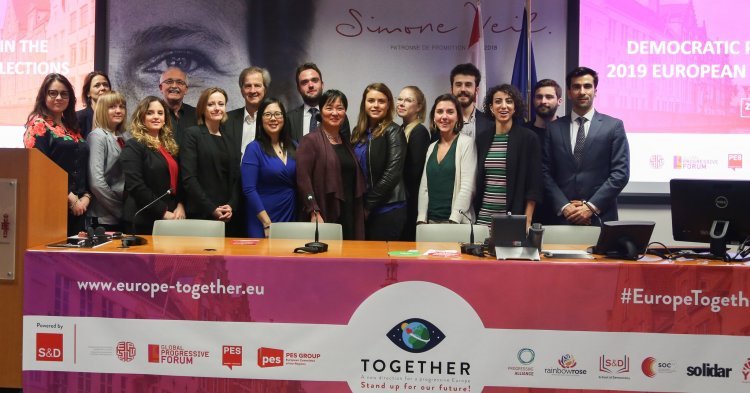


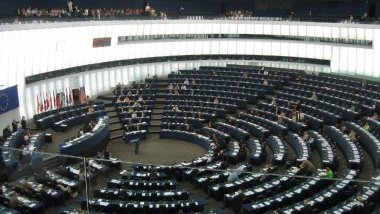

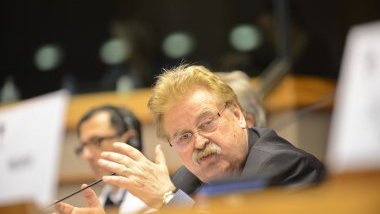
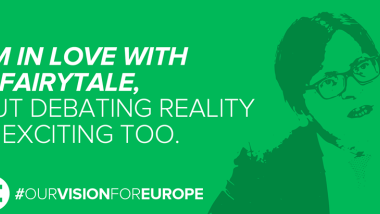
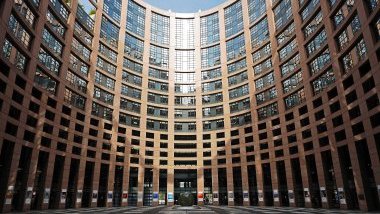
Follow the comments: |
|
